Top Autism-Friendly Resorts Transforming the Travel Industry
These six resorts are making travel not only possible but pleasurable for families with special needs
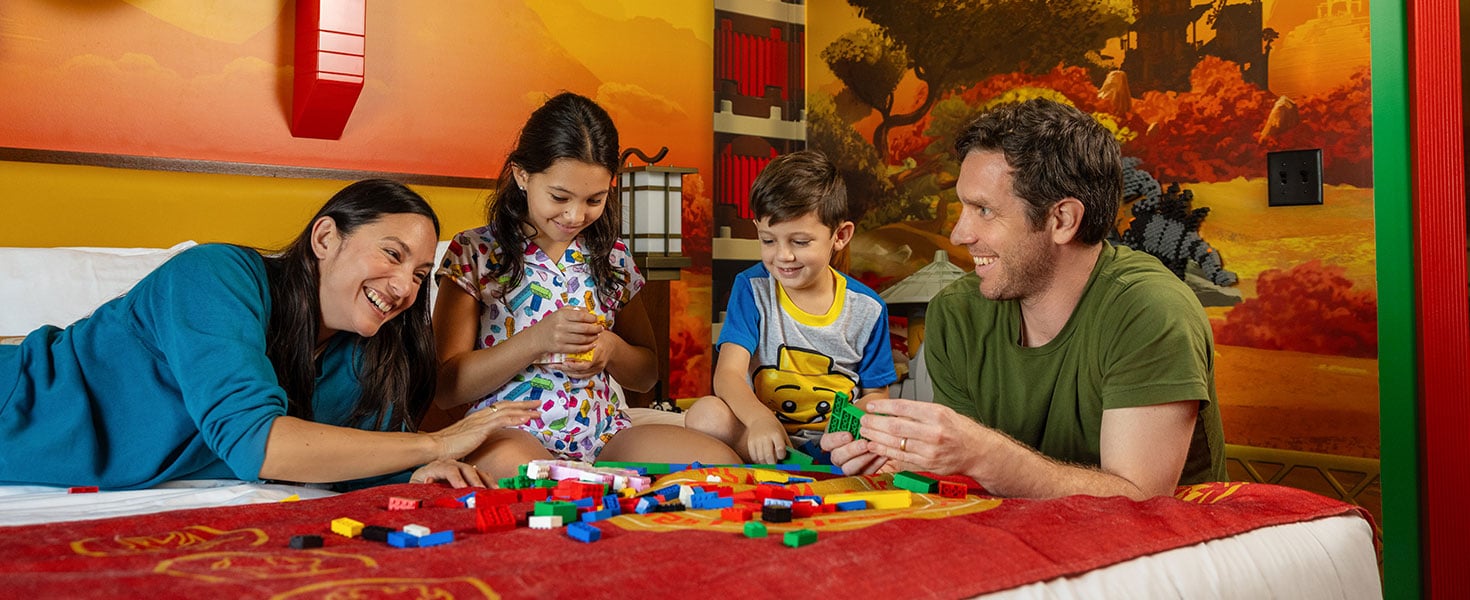
Travel is most enjoyable when it’s inclusive for everyone, which is why several resorts are leading the way in ensuring that guests with autism spectrum disorder, cognitive disabilities, and sensitivities—along with their families—feel safe and welcome.
Today, one in 36 US children is affected by autism, while one in six children ages 3 to 17 has a developmental disability, according to the Centers for Disease Control and Prevention (CDC). And when it comes to traveling, a survey by Autism Travel of 1,000 parents with autistic children revealed a major gap in autism-friendly travel offerings, with some 97 percent of respondents dissatisfied with the current travel options. In fact, 87 percent didn’t even take family vacations, though 93 percent said they would travel more if autism-certified options were available.
To address this need, select resorts have introduced autism-friendly programming, low-sensory areas, and staff training through organizations such as the International Board of Credentialing and Continuing Education Standards (IBCCES) and Autism Double-Checked. Here, we share top autism-friendly resorts offering thoughtful amenities and experiences that exemplify the growing commitment to making travel accessible and enjoyable for all.
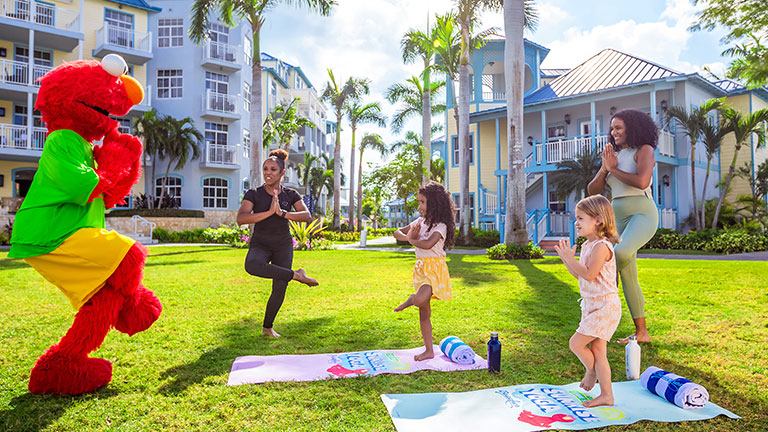
Beaches Resorts, Turks & Caicos and Jamaica
These all-inclusive family resorts are Advanced Certified Autism Centers (ACAC) through IBCCES. At least 80 percent of public-facing staff undergo autism sensitivity training, and the resort’s on-site kids’ camps require staff to receive 40 hours of specialized instruction. Families benefit from a culinary concierge for dietary needs and the option to hire a one-on-one Beaches Buddy trained in autism care. You can also spot Julia, an autistic Sesame Street character, around the resorts, as well as Sensory Guides to assist neurodiverse guests.
The Westin Resort & Spa, Puerto Vallarta, Mexico
Spanning 14 scenic acres on Mexico’s Pacific Coast, this oceanfront resort caters to neurodivergent travelers with calming “temper tents” equipped with padded mats, stress balls, and other sensory-friendly amenities. These compact safe spaces are also available in-room on request, creating a peaceful retreat for families.
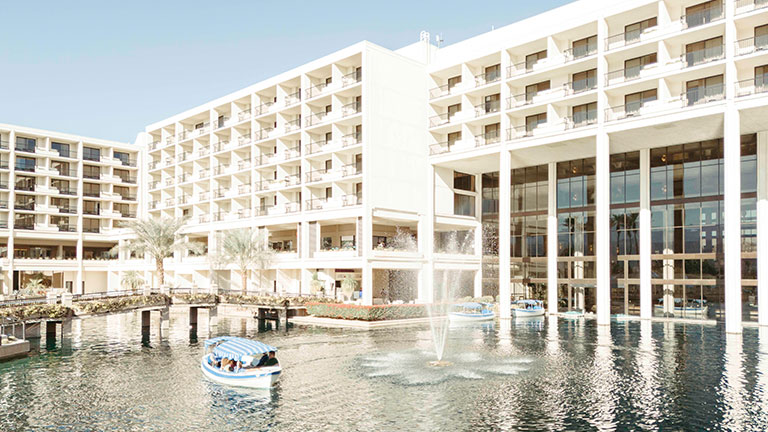
JW Marriott Desert Springs Resort & Spa, California
is the first JW Marriott property named a Certified Autism Center by the IBCCES. Around 600 employees have completed IBCCES training to assist guests with autism. The property also offers sensory kits with weighted blankets, noise-canceling headphones, and fidget toys. Additional amenities include sensory guides, a low-sensory pool area, and a handful of calming spaces throughout the resort.
Karisma Hotels & Resorts, Mexico and the Caribbean
Karisma is the first hotel collection to implement the Autism Passport in partnership with Autism Double-Checked (ADC). This tool helps guests share sensory sensitivities, communication challenges, and calming strategies with staff. Autism Concierge services are also available via email for pre- or mid-trip questions. Certified properties include Nickelodeon Hotels & Resorts Riviera Maya, Nickelodeon Hotels & Resorts Punta Cana, Margaritaville Island Reserve Riviera Cancún, and Azul Beach Resort Riviera Cancún.
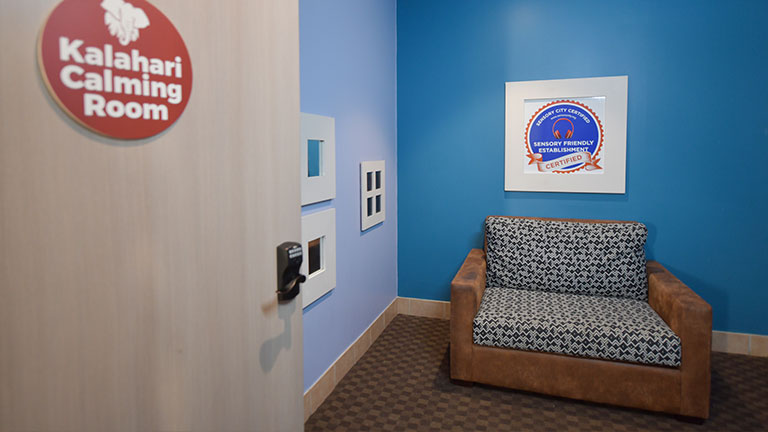
Kalahari Resorts, Ohio and Texas
Known for its sprawling indoor water parks, Kalahari Resorts in Ohio and Texas feature dedicated calming rooms with sensory-friendly toys, noise-canceling headphones, and soothing visuals. The resort in Sandusky, Ohio, designated a Sensory Friendly Establishment, offers a Calming Room, sensory kits, weighted blankets, night lights, and eye masks.
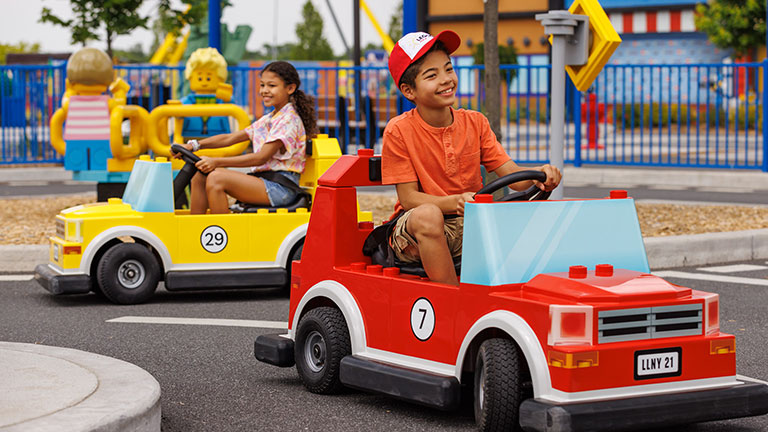
LEGOLAND Resorts, California, Florida, and New York
LEGOLAND resorts in California, Florida, and New York have partnered with IBCCES to become Certified Autism Centers across their theme parks, water parks, and hotels through staff-wide autism sensitivity and awareness training. Sensory guides detail ride experiences, while quiet rooms and low-sensory areas provide sanctuaries to unwind. For example, the New York location offers a quiet room with sensory swings and dimmable lighting. Guests can also request earplugs or use Assisted Access passes to avoid long wait times.
As a growing number of autism-friendly resorts provide a range of inclusive offerings, families with special needs will discover a whole new world of travel at their service.
